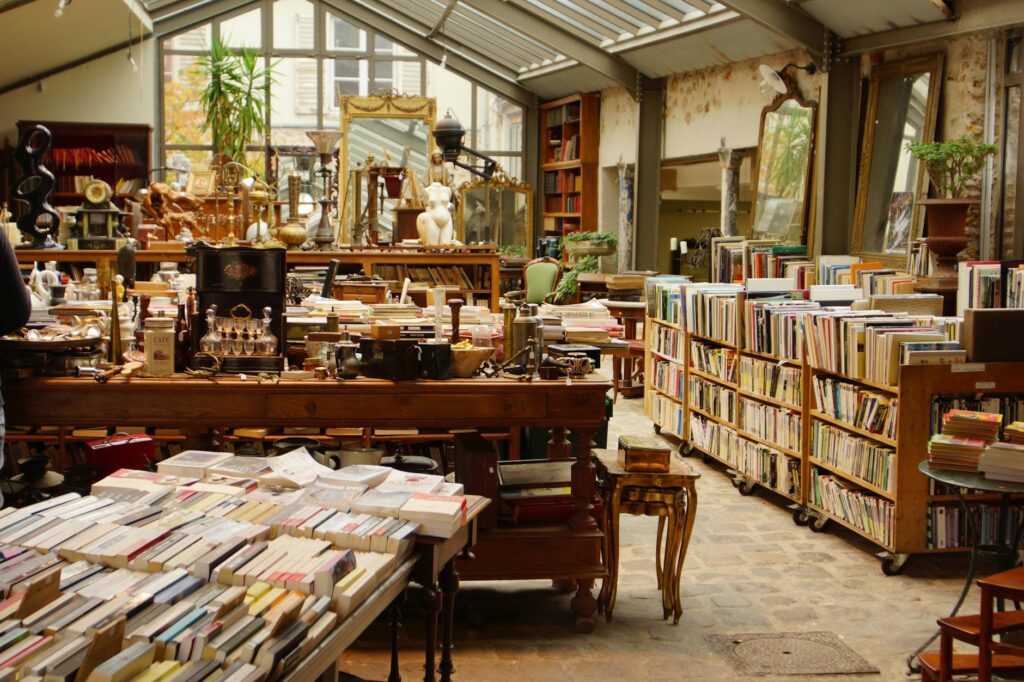How French Books Quietly Shaped Kerala’s Writers and Politicians
Let’s start with something obvious
You know Kerala’s got this reputation for producing brilliant minds, right? But here’s the thing—what most people miss is how French literature sneaked into the brains of Kerala’s thinkers. Take Shashi Tharoor, for example. The man’s as much a product of Victor Hugo and Camus as he is of Malayalam literature. And he’s not alone. French ideas—about revolution, justice, even existential dread—somehow found their way into Kerala’s political speeches and novels. Wild, isn’t it?
France and Kerala: An unlikely love story
Okay, so Mahé was a French colony—that part everyone knows. But the real connection? It happened in dimly lit libraries and stuffy lecture halls. The French Institute in India became this sort of intellectual watering hole where Malayali writers and politicians would geek out over Baudelaire while sipping chai. Tharoor gave talks there, sure, but so did lesser-known local thinkers who’d go home and scribble manifestos with Camus quotes tucked between the lines.
The French authors who became Kerala’s secret mentors
Victor Hugo’s Les Misérables—yeah, that brick of a book—was weirdly popular among Kerala’s leftist leaders. Probably because Hugo’s rant about social injustice sounded familiar to anyone who’d seen caste politics up close. Then there’s Camus. His whole “life is absurd but fight anyway” vibe? Perfect for Malayalam writers trying to make sense of post-colonial identity crises. And Sartre—oh man, Sartre was basically required reading for Kerala’s communist crowd. The guy’s Marxist rants fit right into local party meetings.
Tharoor’s French connection: More than just name-dropping
Here’s the interesting bit. Tharoor didn’t just casually reference French writers to sound smart—you can tell he actually gets them. His book The Great Indian Novel? That sweeping, sarcastic style? Pure French storytelling techniques mixed with Malayali wit. And when he talks about human rights, there’s always this existentialist undertone—like he’s channeling Camus during parliamentary debates.
Before Tharoor: The OG French philosophy fans
Picture this: 1950s Kerala. Some communist leader is waving a tattered copy of Sartre’s The Rebel at a rally while workers cheer. Sounds improbable, but it happened. Early Kerala politicians didn’t just read French philosophy—they weaponized it. They’d take Sartre’s dense theories and spin them into fiery Malayalam speeches that actually made sense to rubber tappers and fishermen. That’s the crazy part—these ideas traveled from Parisian cafes to Kerala’s village squares without losing their punch.
The unsung heroes: Translators and librarians
None of this would’ve worked without the book nerds. Seriously. Some anonymous translators worked magic turning French existentialism into readable Malayalam. And those musty old libraries in Thiruvananthapuram? They became smuggling routes for radical ideas. Even now, you’ll find college kids in Kerala struggling through French 101 just to read The Stranger in the original. That’s dedication.
So what’s the takeaway?
Ideas are sneaky. They cross oceans, change languages, and end up fueling political movements in places no one expects. The next time you hear some Kerala politician quoting Sartre, remember—it’s not showing off. It’s proof that a good book can travel farther than any army. Maybe grab a Camus novel this weekend? You never know—it might spark something.
If you’re curious
- That time Tharoor explained Camus to a room full of diplomats (video)
- Start with these: Hugo’s Les Misérables (yes, the abridged version is fine), Camus’ The Plague (eerily relevant always)
- How Kerala’s communists misinterpreted Sartre (and why it worked)
Source: Times of India – Main

